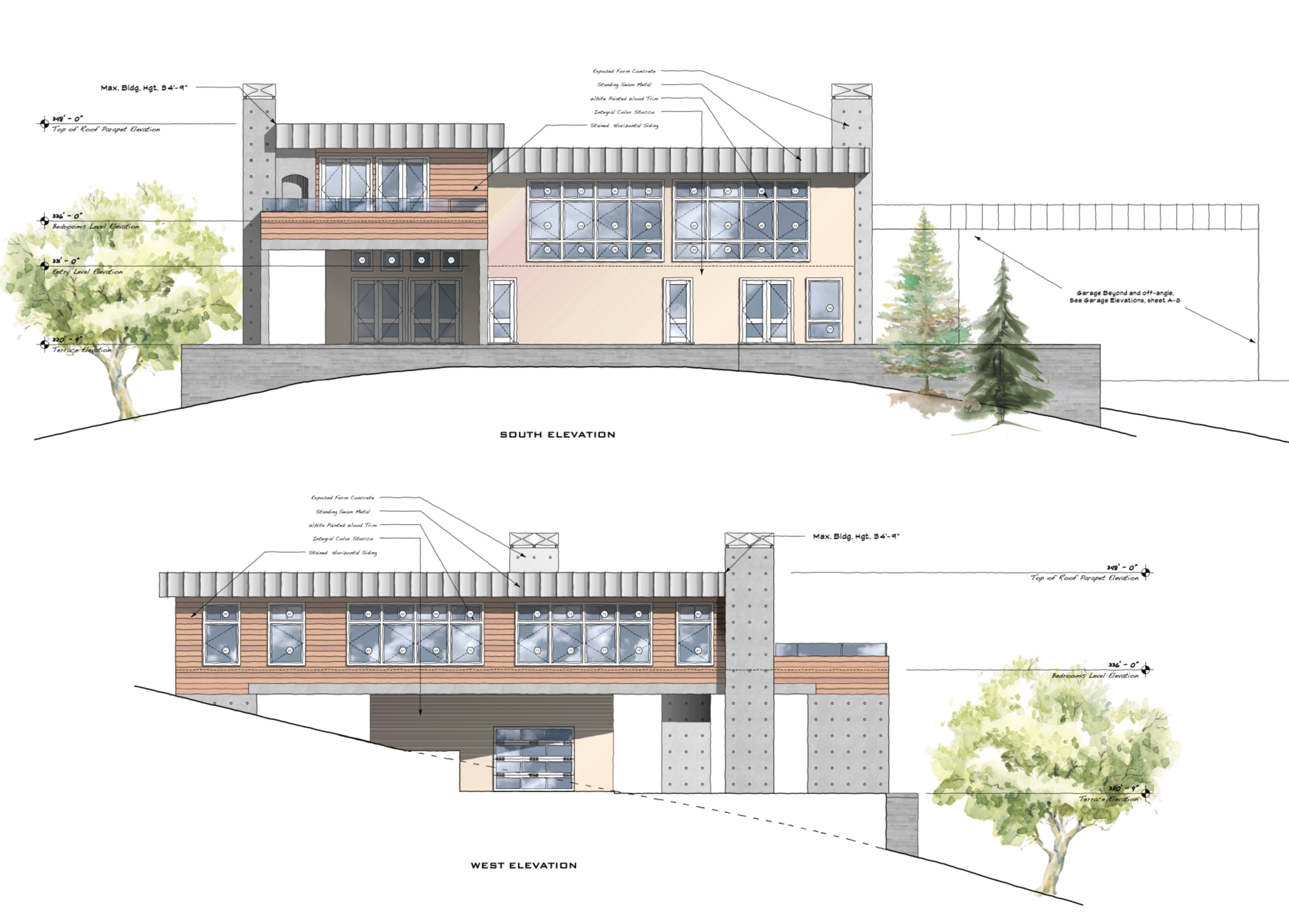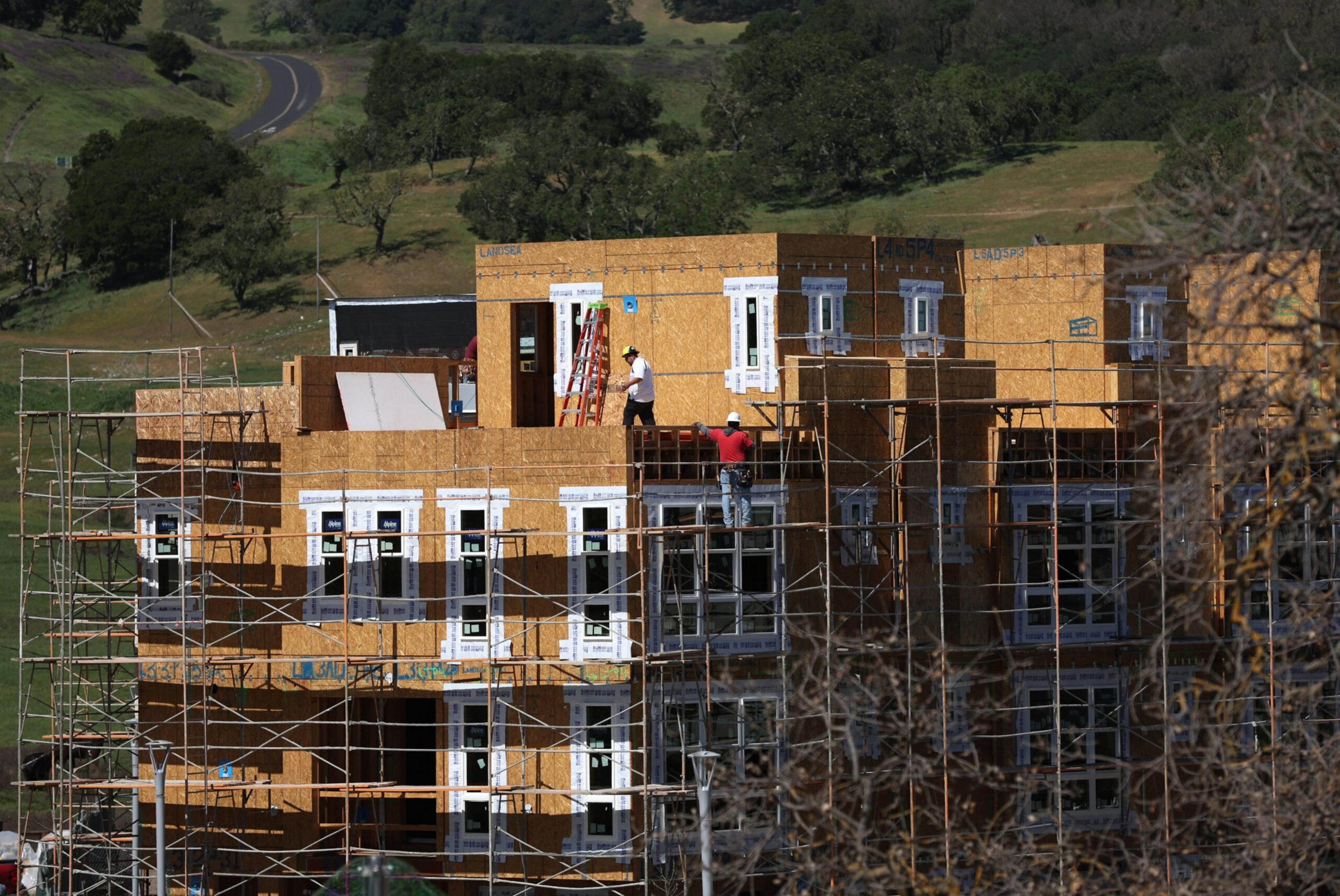Come next month, it could be open season in much of the Bay Area for developers to break typical zoning rules and build bigger and taller homes than are typically allowed.
That’s because most cities in the region are poised to miss a key state deadline to plan for the next eight years of housing development, raising the possibility of a loss of local control.
Every Bay Area city is facing a Jan. 31 deadline to get an eight-year housing plan, called the Housing Element, certified by the state. This cycle, cities must hit higher goals than ever—and also face tougher penalties for missing deadlines and housing targets.
The most imminent penalty is called the “builder’s remedy.” Any jurisdiction without a state-approved plan by Feb. 1 will lose control over its zoning, opening it up to housing development beyond what is normally allowed, so long as some affordable housing is included.
Attorney Keith Diggs has been tracking the status of each city’s Housing Element update for YIMBY Law, the legal arm of the housing advocacy group Yes in My Backyard. Biggs said that of 109 jurisdictions in the Bay Area, just three are looking at full compliance on time. Those cities are Alameda, Emeryville and Redwood City.
“There are a lot of cities that aren’t going to make it,” said Sonja Trauss, president and founder of YIMBY Law.
The state requires all local governments, both cities and counties, to adopt a Housing Element. In Marin County, the county itself adopted a plan for 5,200 new homes (opens in new tab)—but not a single city is close to complying in time. Thirty-four jurisdictions in the Bay Area failed to get first drafts in 90 days before the deadline, as is required by law, said Diggs.
Some cities, like San Francisco, are on track to adopt drafts but may miss the initial deadline by just a few days. Others are adopting plans that they’ve never sent to the state or are ignoring state feedback, said Robert Fruchtman, a volunteer with SF YIMBY.
As for the rest, they are on track to miss the deadline entirely and will soon be fair game for builder’s remedy projects—and developers are ready to pounce.

Marshal Rothman, a Mill Valley-based real estate developer, has already submitted plans to the Marin County town of Fairfax now that it’s set to lose control over its zoning by the middle of next week.
His project is a 25-unit subdivision, in place of a planned 10-unit project that stalled after the city demanded an environmental review, which he said was too wide in scope and too expensive for him to pay for. After he refused to pay hundreds of thousands of dollars above budget to accommodate the review, Rothman says the city deemed his permit expired.
Rothman builds subdivisions up and down the state, and said the years of back-and-forth with the city since he bought the property in 2013 has left him with little other recourse.
“It’s an ass-backwards way to run a town,” Rothman said. “Fairfax is the worst I’ve ever seen.”
Now, instead of moving forward with the 10-unit project he proposed, he plans to max out on units under the builder’s remedy. Fairfax’s Interim Planning and Building Services Director David Woltering told The Standard in an email that the town has offered to meet with Rothman about his project and plans to process his application quickly once he finishes his submission.
Jurisdictions that fall way behind on housing plans or ignore state feedback could open themselves up to lawsuits, too. The state has also threatened to withhold transportation and housing grants from cities that remain out of compliance. Some local leaders, including members of the Board of Supervisors, have called the state’s demands overly onerous.
But Gov. Gavin Newsom himself has ratcheted up calls for local accountability in housing production, saying he needs to see results before handing out more cash.
“I wouldn’t be surprised if there’s lawsuits over these cities not submitting or pulling these shenanigans,” Fruchtman said.
To Rothman, revoking local control is just what cities and towns like Fairfax need.
“It’s a long time coming,” Rothman said. “The only way we’re going to break this logjam is by taking it out of the towns’ hands.”
